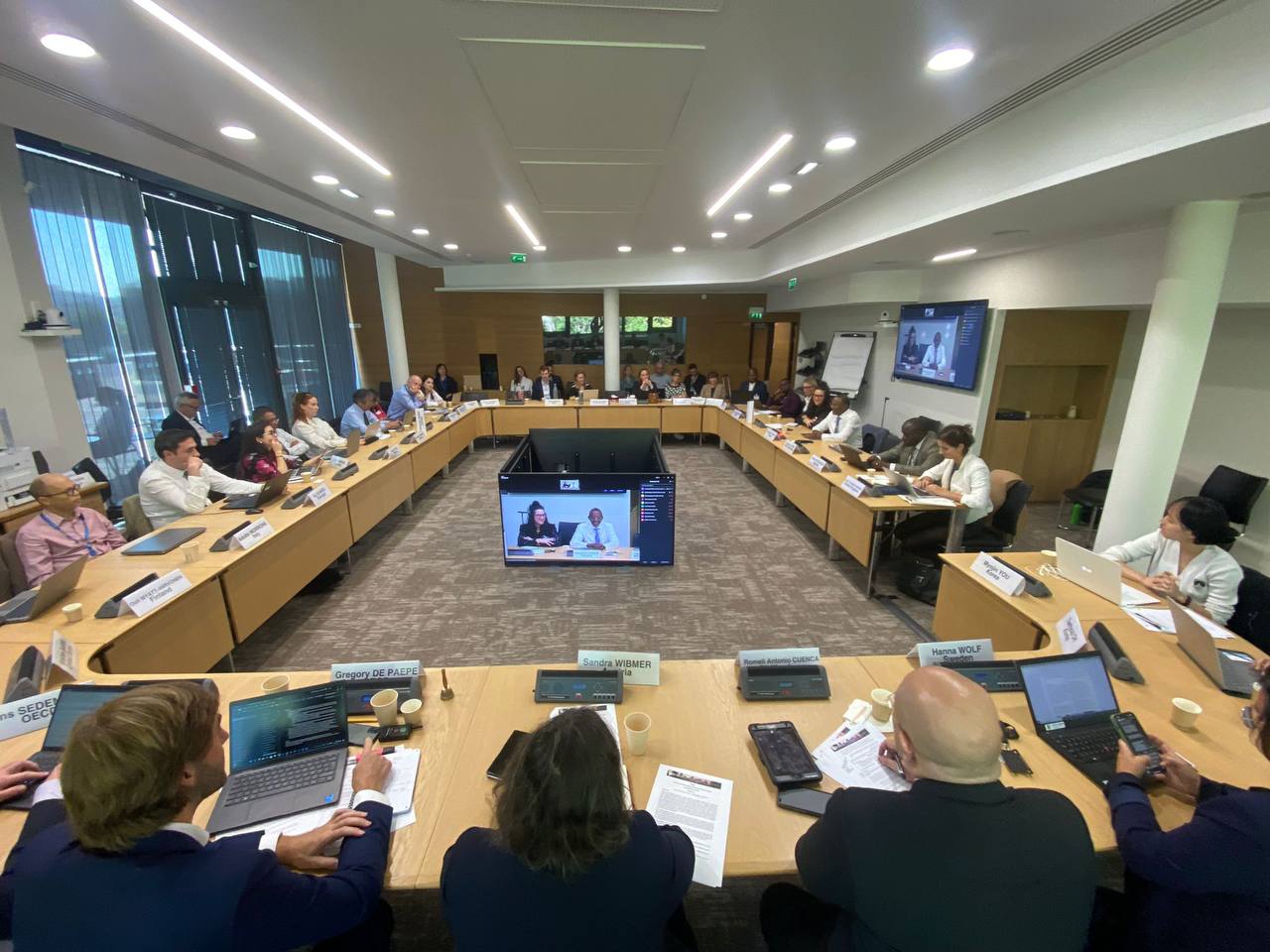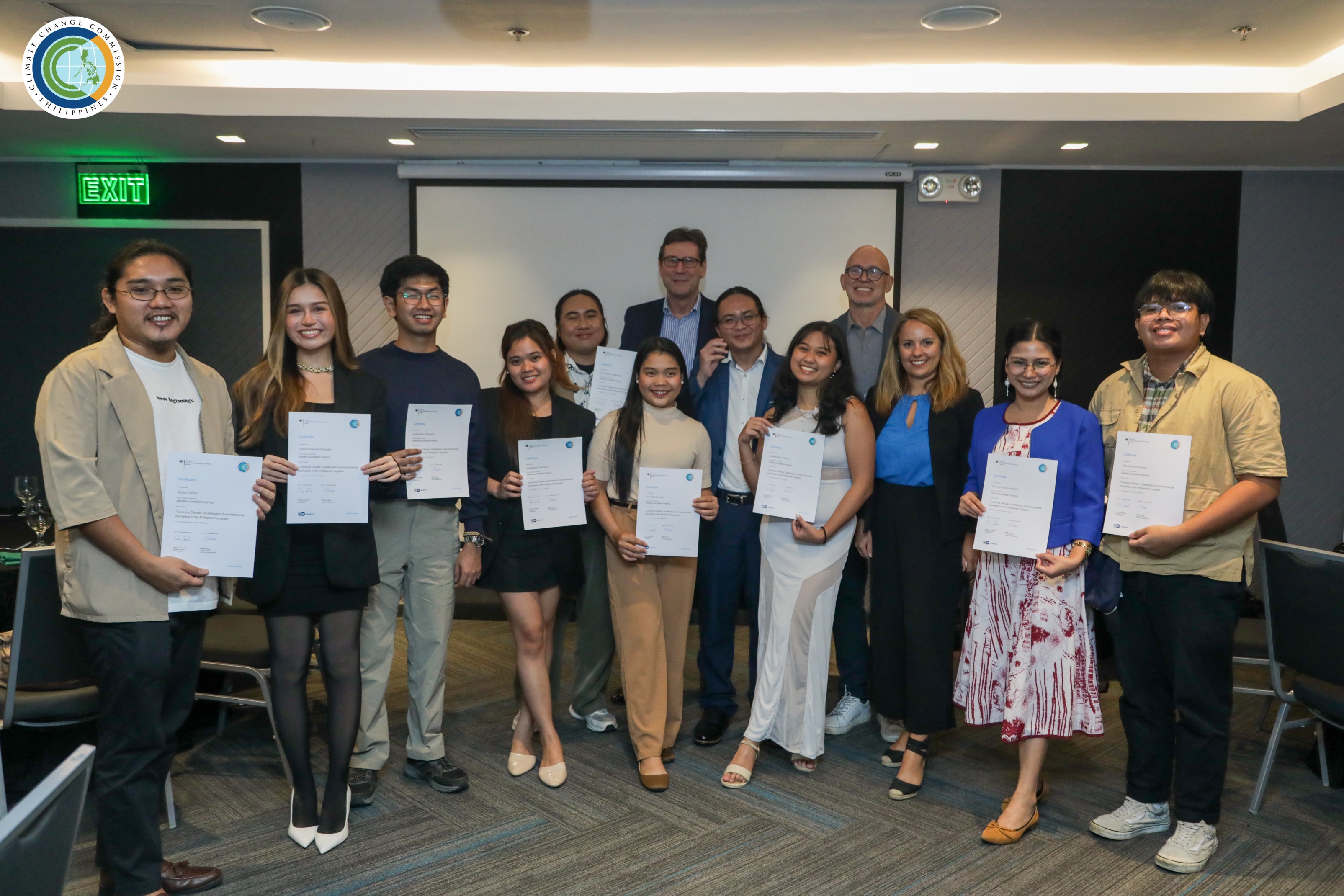Part of Roxas Boulevard in Manila is car-free every Sunday from 5am to 9am under the ‘Move Manila Car-Free Sundays By the Bay.’ Photo by Albert Alcain
Metro Manila, one of the most densely populated cities in the world, has long struggled with urban challenges. The metro's congested streets contribute to environmental degradation and reduce residents' quality of life.
Manila placed 60th out of 65 cities in the Urban Mobility Readiness Index (UMRI) 2023. The index assesses the readiness of cities for future mobility trends across social impact, infrastructure, market attractiveness, system efficiency and innovation.[1]With over 506,000 registered vehicles, Metro Manila experiences crippling traffic jams, especially during peak hours.
However, the region’s total vehicle count far exceeds that number. According to the Metropolitan Manila Development Authority (MMDA), Metro Manila now has 3.6 million vehicles navigating a road network that spans only 5,000 kilometers. In EDSA alone, over 400,000 vehicles traverse the highway daily, even though its carrying capacity is only designed for 300,000 vehicles.
This excessive volume worsens traffic congestion, hampering productivity and causing billions of pesos in economic losses annually. Commuters spend an average of 16 days per year stuck in traffic, costing them around P100,000 annually in lost income, according to a study by the Boston Consulting Group (BCG)—a problem exacerbated by the region's growing population.
While private cars dominate the roads, they transport only a small percentage of passengers. In contrast, public transportation—such as jeepneys, buses, and trains—serves a significant portion of daily commuters.[2] For example, the average daily ridership of MRT-3 in 2023 reached 357,198 passengers.[3] Despite the high demand for public transit, the imbalance persists.
The constant flow of vehicles emitting pollutants has made Metro Manila a hotspot for air pollution. The Department of Environment and Natural Resources reported that the National Capital Region consistently exceeds safe limits for pollutants like particulate matter, especially PM 2.5 and PM 10–tiny particles or droplets in the air small enough to be inhaled into the lungs or even enter the bloodstream–resulting in respiratory and cardiovascular diseases. Pollution-related illnesses including asthma, bronchitis, and heart disease pose a serious risk, particularly to the next generation and the elderly.
The Department of Transportation (DOTr) has launched a series of programs aimed to modernize and transform the public transport system. These programs focus on sustainable, efficient, and inclusive mobility options for Metro Manila residents. These include the Public Transport Modernization Program (PTMP), EDSA Busway, the Active Transport Program, and the EDSA Greenways Project.
“We manage the construction of transport projects—from railways to airports and seaports and road infrastructures. Much of our focus are ordinary commuters who rely on public transport—jeepneys, buses, trains, taxis, and today's most popular ride—motorcycle taxis," said DOTr Secretary Jaime J. Bautista at a recent academic event.[4]
To complement these programs, Metro Manila has established car-free zones in key areas. Limiting vehicle access and promoting active transport effectively reduce pollution, improve mobility, and enhance public health.
Every Sunday, areas including Roxas Boulevard and Intramuros in Manila, People’s Streets in Pasig, Fifth Avenue in Bonifacio Global City, Taguig, Ayala Avenue in Makati, Greenfield District in Mandaluyong, Spectrum Midway in Filinvest, Muntinlupa, and the University of the Philippines in Diliman, Quezon City, transform into car-free zones. These spaces allow residents to walk, cycle, and engage in outdoor activities without traffic and pollution hazards. Local government units have improved bike lanes and pedestrian-friendly infrastructure to provide safe alternatives to car use.
Car-free zones also encourage physical activity, offering residents a safer, cleaner environment for walking and cycling. With fewer cars on the streets, the risk of road accidents decreases, and the air becomes more breathable, reducing the occurrence of respiratory diseases. Promoting active lifestyles has long-term benefits in addressing obesity and other health conditions tied to inactivity.
Beyond Car-Free Sundays, the Climate Change Commission (CCC) advocates for more permanent car-free spaces across Metro Manila. Integrating these zones into the metro's urban design will create healthier, more livable neighborhoods. The CCC also pushes for efficient public transportation systems to reduce reliance on private vehicles and provide sustainable mobility solutions.
“These initiatives, though short-term, serve as models for permanent change. We must embrace sustainable transport solutions, reduce vehicle emissions, and foster healthier lifestyles. Metro Manila can move toward becoming a cleaner, more resilient, and people-centered region,” said CCC Vice Chairperson and Executive Director Robert E.A. Borje.
Borje also emphasized the broader implications of sustainable transport, stating, "The transition to car-free zones is a critical part of our climate agenda. Every step we take to reduce carbon emissions contributes to our collective fight against climate change. Creating sustainable cities is not only a necessity but a responsibility."
Metro Manila’s car-free initiatives offer a glimpse into a future where streets belong to people, not just cars. The CCC urges all Filipinos to embrace sustainable practices, prioritize public and active transport, and advocate for a cleaner, healthier, and climate-resilient nation.
World Car-Free Day, celebrated every September 22, serves as a global reminder of the benefits of fewer cars on the streets. Originally conceived in the 1970s and popularized in the 1990s, the movement highlights how changing transportation habits can positively transform our cities and lives.
[1] How Manila Performs Across Urban Mobility Targets
[2] Mode of transportation in the Philippines 2023 | Statista
[3] https://www.dotrmrt3.gov.ph/news/mrt-3-ridership-surpasses-129-million-in-2023
[4] https://www.facebook.com/watch/?mibextid=oFDknk&v=463582579911220&rdid=TMymkgYiH18Rjv4a
September 22, 2024 Sunday





















